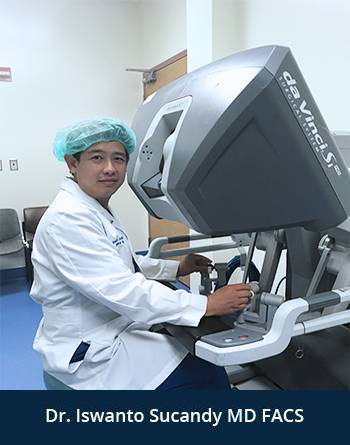Do You Need A Repeat Liver Resection? For Liver Consultation, Fill Out Our Appointment Form
 New tumors can arise after a liver resection via open, laparoscopic, or robotic liver surgery methods during the surveillance phase. If that’s the case, you may need a repeat liver resection.New liver cancers are usually found in different locations in the liver, away from the area of prior liver resections. Each type of liver cancer is different in terms of recurrent potentials. Metastatic colon and rectal cancers to the liver can recur several years after the initial liver surgery. It is crucial to detect an early tumor recurrence using imaging modalities such as CT scan or MRI, in addition to following the level of tumor markers. A liver biopsy is often necessary to confirm the liver cancer recurrence. A PET scan is useful for ruling out other distant metastases such as brain, lung, bone, or retroperitoneal lymph node metastasis. Once the liver cancer recurrence is diagnosed, immediate consultation with a liver surgeon or liver specialist is necessary. Liver cancer treatment should not be delayed simply because of logistics.
New tumors can arise after a liver resection via open, laparoscopic, or robotic liver surgery methods during the surveillance phase. If that’s the case, you may need a repeat liver resection.New liver cancers are usually found in different locations in the liver, away from the area of prior liver resections. Each type of liver cancer is different in terms of recurrent potentials. Metastatic colon and rectal cancers to the liver can recur several years after the initial liver surgery. It is crucial to detect an early tumor recurrence using imaging modalities such as CT scan or MRI, in addition to following the level of tumor markers. A liver biopsy is often necessary to confirm the liver cancer recurrence. A PET scan is useful for ruling out other distant metastases such as brain, lung, bone, or retroperitoneal lymph node metastasis. Once the liver cancer recurrence is diagnosed, immediate consultation with a liver surgeon or liver specialist is necessary. Liver cancer treatment should not be delayed simply because of logistics.
Management of recurrent liver cancer has evolved significantly in the last decade. Improvement in the safety profile of liver resection/liver surgery and perfection in minimally invasive liver surgery techniques indicate repeat liver resection. Many patients with recurrent liver tumors are candidates for a repeat liver surgery combined with liver ablation and systemic chemotherapy administration. For colorectal cancer with liver metastases, repeat hepatic resection has been well documented to increase long-term overall survival, and it is safe. Some patients achieve survival more than a decade after the index metastatic diagnosis and the initial liver resection.
Your Health & Safety Are Important! Consult Experienced Liver Surgeon for Your Repeat Liver Surgery
A preoperative evaluation for a repeat liver resection is essentially similar to one for the initial liver resection. A higher technical challenge is expected with a repeat liver surgery, mainly related to the volume of liver remnant and scar tissue formation around the liver, diaphragm, and intestines. However, in the experienced hands of a liver surgeon, repeat hepatic resections can be done safely with similar short- and long-term outcomes as those of initial liver resections. A minimally invasive liver surgery approach during the initial liver resection facilitates easier repeat liver resections. This is secondary to the less scar tissue formation associated with minimally invasive liver surgery. The repeat liver resections can also be safely performed using the minimally invasive surgery method by experienced liver surgeons.
Our liver surgery program offers robotic liver resection for patients with recurrent liver tumors/liver cancers. Robotic technology allows for repeat liver resection without creating a large open incision, thus minimizing potentials for postoperative complications and facilitate faster recovery. The Robotic liver operation also creates significantly fewer intra-abdominal adhesions, allowing for future repeat operations to be also done minimally invasively if other new tumor reoccurs in the liver. In each liver resection, the parenchymal sparing liver surgery principle is followed to preserve as much non-cancerous liver parenchyma as possible. Advanced interventional radiology technique such as preoperative portal vein embolization or robotic portal vein ligation to induce hypertrophy of the future liver is also frequently applied in this circumstance. Liver transplant does not play a role in patients with recurrent metastatic cancer to the liver.
Repeat liver resections may also be combined with liver tumor ablation (radiofrequency ablation or microwave ablation), depending on the tumor location, number, and proximity to major biliovascular structures. The liver surgeon will determine this after reviewing a CT scan or MRI scan prior to the operation. Patients with metastatic liver cancers who achieve tumor-free status experience significantly longer overall survival benefits. Dr. Iswanto Sucandy has significant experience performing minimally invasive robotic liver resections for patients who have previously undergone liver resections at other institutions, including those with the open abdominal operation(s).


